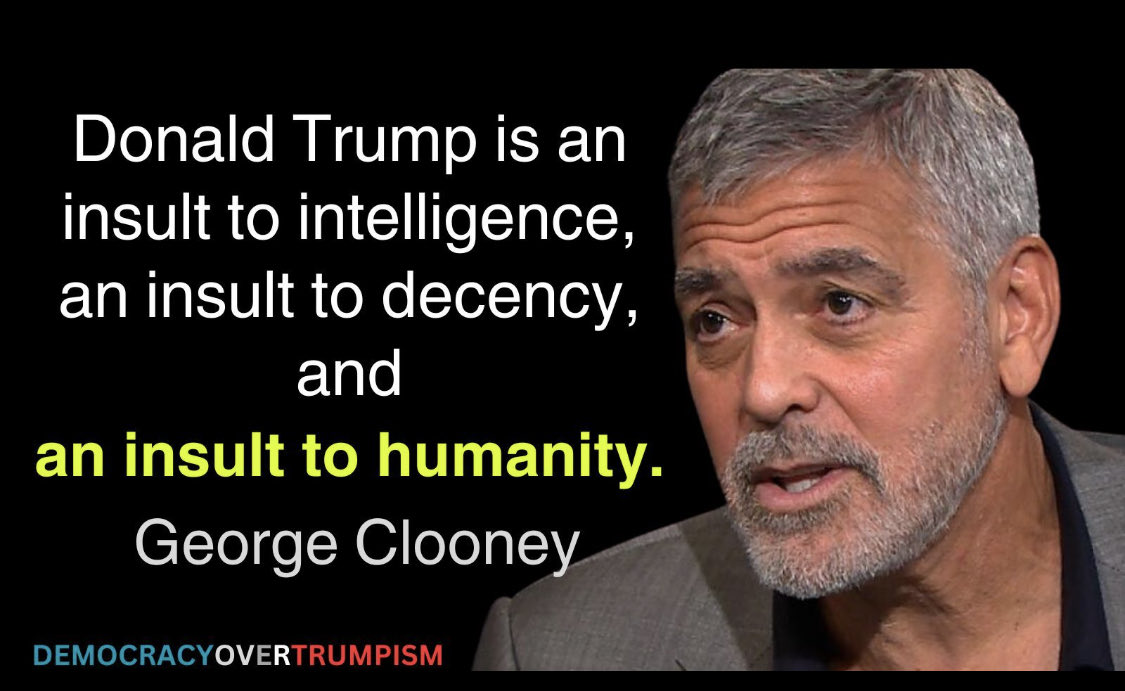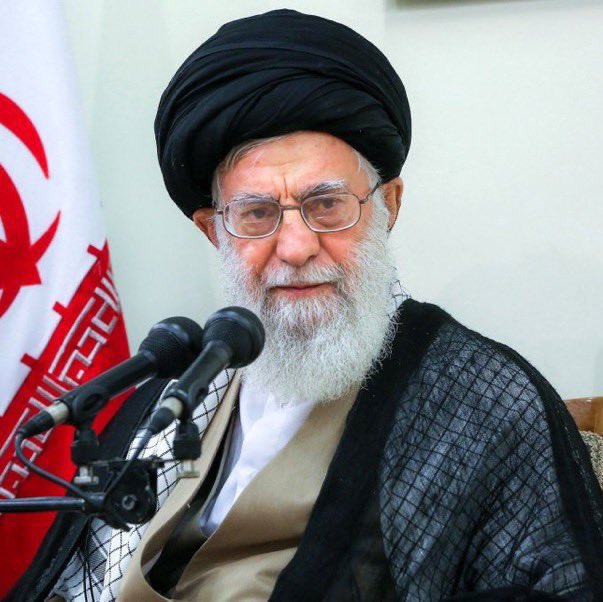Experts say the Middle East region is poised on an impending war with the top protagonists being the USA, Israel and Iran. They stand on a military pedestal of violent conflict where Armageddon has become the new catchphrase.
The man at the center of it all is US president Donald Trump who has been elected on a so-called global “peace” ticket but is fueling the worldwide escalation with his rhetoric.
He is telling Iran, nay warning it, to either hitch out and agree to a new accord on the country’s nuclear file or face the American wrath where its Persian cities and nuclear facilities would be wildly attacked in a first-time development that is turning international relations upside down.
And so a war of words began between Tehran and Washington since Trump sent a stern letter to Iran’s spiritual leader, Ayatollah Ali Hosseini Khamenei, telling him to submit to a new nuclear agreement to stall his country’s nuclear facilities or face extensive US bombing.
This was a callous, stark warning. The international system has never, till now, faced such discursive diplomatic parlance, even at the height of the Cold War between the United States and the Soviet Union.
The Iranian leadership saw Trump’s verbiage as an outright threat and refused to submit, even telling US president that Iran will not be bullied and he can to “go to hell”, a comment made by Iranian president Massoud Pezeshkian. He was speaking for the Ayatollah and the top leadership in the country.
Since then however, and in spite of the occasional utterings, recently made by Iran’s Foreign Minister Abbas Iraghchi that Tehran would respond quickly and heavily to any outside attack, both sides have been involved in a “jostling affair” issuing different and irk statements short of the war-mongering tirade Trump started.
Military brink
Today, and on the face of it, both sides appear to want to pull back from the military brink. The Iranians are now saying they would be prepared to negotiate but only indirectly through Oman, the country that has traditionally served as a consummate link between Washington and Tehran.
Whilst the Trump administration may be contemplating such a fact, although it’s on record for stating it would prefer direct face-to-face negotiations involving fully-fledged American and Iranian expert teams in the field of nuclear weapons and proliferation, Washington has not closed the doors to such an offer from Tehran and it is still considering it which means it might be softening its position.
But there is another snag to this. Iranian officials have stated they want confidence-building measures from the Trump administration and don’t believe in negotiations under threat but this appears to be what is happening today.
As the diplomatic chit chat continues, Washington is sending military reinforcements with jet fighters, mass bombs and missiles to the Indian Ocean, Arabian Sea and the Red Sea as part of their stepped-up fight against the Houthis and potentially against Iran, both of whom are against the Israeli military onslaught on the Gaza Strip which is being financed by the USA.
Thus, what is happening now is that both sides are involved in sending out mixed signals despite the military escalation and war of words with Trump in what is becoming his customary U-turns. He is now saying that he doesn’t want a fight with Iran and is prepared for negotiations.
But the ball is turning so to speak. For one thing Israel has long sought deadly strikes on Iranian cities and nuclear facilities and for it, today this is a “golden opportunity” being flanked and supported by US warships in the area.
Israel sees such a series of strikes as more urgent than before because after 2018 when Trump got the USA out of the nuclear deal, Iran started once again to boost its uranium enrichment program and many argue it’s very near to achieving a nuclear bomb and capability.
But that may be over-stating the fact, because Iran has always stated its nuclear program is for peaceful purposes and its officials have maintained an official dialogue with the countries it originally made a deal with in 2015 officially named as the Joint Comprehensive Plan of Action (JCPOA).
So the current escalation may be tinged with diplomatic talk for although Trump maybe rash in what he says, there is usually a back up plan up his sleeve of not reaching beyond the military brink with brinkmanship being played at the highest levels.
This comment is written by Dr Marwan Asmar, chief editor of the crossfirearabia.com website.










